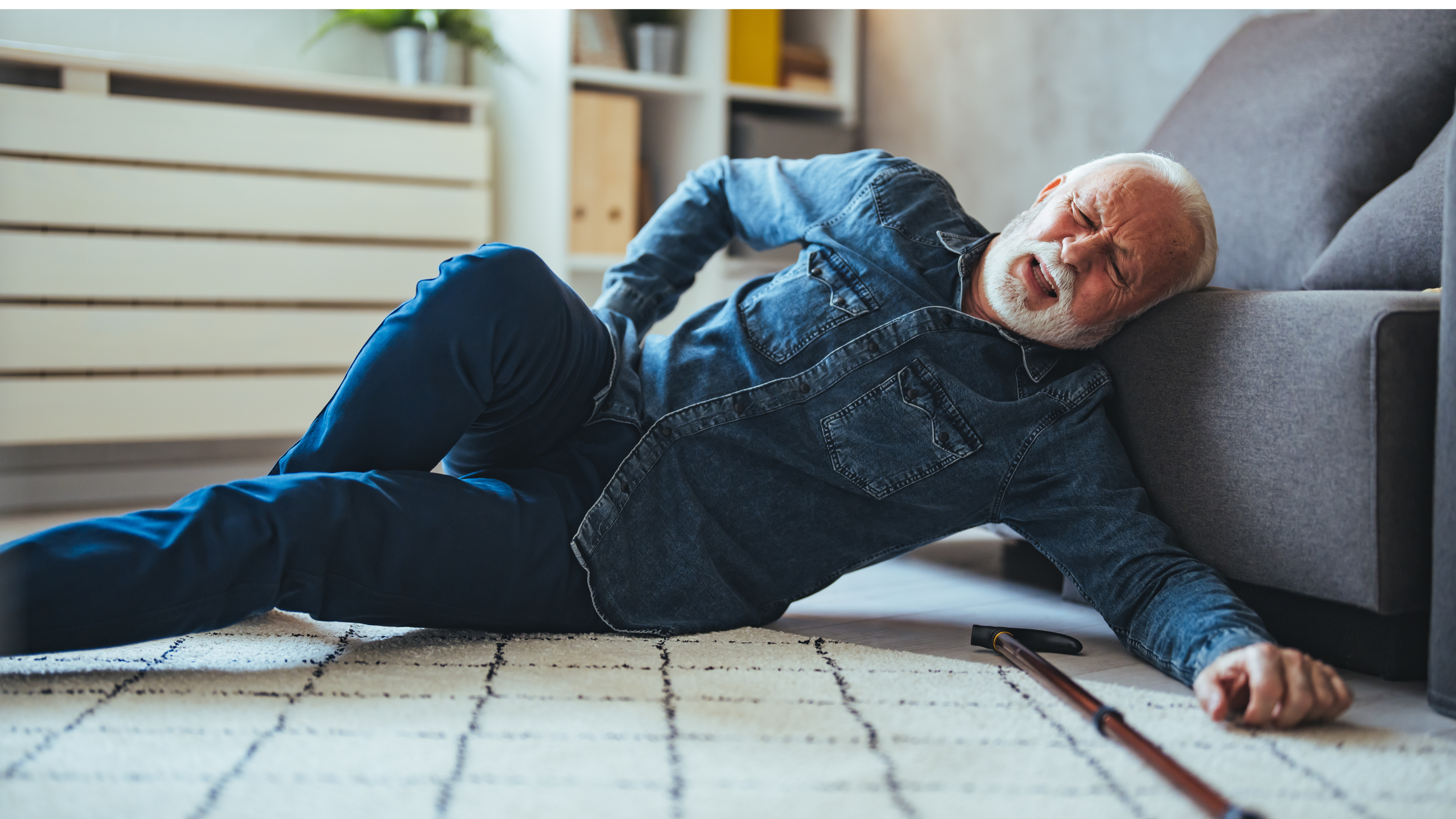Watch Your Step! Practical Tips for Seniors to Prevent Falls

For adults over 65, injuries from falls are a significant health concern. The good news is that we can prevent most falls with commonsense strategies. From June 2023, to June 2024, REMSA Health responded to 10,086 calls related to falls, and 5,204 patients were transported to a hospital with fall-related injuries.
A clinical approach to fall prevention begins with understanding the risk factors. The American Journal of Epidemiology cites the following as risk factors for falls: muscle weakness, balance deficits, certain medications, vision impairment, and hazards within the home environment. Addressing these factors requires participation by healthcare professionals, caregivers, and individuals at risk.
Reduce the risk of falls with home improvements.
One of the critical areas in understanding fall prevention within the home is identifying where falls are most likely to occur. Studies show that certain areas in the house pose higher risks than others. Bathrooms and stairways are among the most dangerous areas for falls in people’s homes. The slick surfaces of bathroom floors and tubs significantly increase the risk of slipping, while stairways present a hazard due to height differences and potential obstacles. The kitchen also poses a considerable risk, with spills and clutter contributing to potential falls. Implementing targeted safety measures in these areas, such as installing grab bars in bathrooms, ensuring adequate lighting in stairways, and maintaining a clutter-free kitchen, can substantially mitigate the risk of falls. Addressing these high-risk areas is a vital step toward creating a safer home environment, particularly for older adults and individuals with mobility challenges. Area rugs also pose a tripping hazard in homes. It is recommended to remove area rugs on carpeted areas. If there are rugs in the kitchen or bathroom, make sure they are non-slip.
Make physical activity a habit.
Physical activity, especially exercises aimed at improving muscle strength and balance, has been shown to significantly reduce falls and prevent serious injuries in the event of a fall. “The British Journal of Sports Medicine” highlighted the efficacy of programs like Tai Chi and targeted physical therapy in reducing the risk of falls among older adults. Speak to your physician before starting any type of physical activity and to get recommendations on what will be most effective at helping you meet your balance goals.
As individuals grow older, their bones naturally become more brittle and porous, making them susceptible to fractures from falls that might not injure a younger person. In addition, medications or medical treatments can cause osteoporosis, a decrease in bone density. Individuals with osteoporosis are also at an increased risk of fractures from falls. All of this emphasizes the importance of preventive measures, such as maintaining a nutritious diet rich in calcium and vitamin D and engaging in regular physical activity to strengthen bones and muscles.
Consider the possible side effects of medications
Certain medications, particularly those that influence the central nervous system, play a significant role in increasing an individual’s risk of falls. Medications within this category can alter balance and coordination thereby elevating the danger of accidents and injuries. These medications often include sedatives, tranquilizers, and some types of pain relievers. It’s crucial for patients and healthcare providers to be vigilant about these effects, especially in populations more susceptible to falls, such as the elderly. Monitoring and managing these medications can significantly help reduce the risk of falls.
For seniors on blood thinners – medications that are essential for preventing clot formation – there is a significantly higher risk of a brain bleed if they hit their head when they fall. If any sort of head trauma is suspected after a fall, the older adult should be evaluated by a medical professional.
